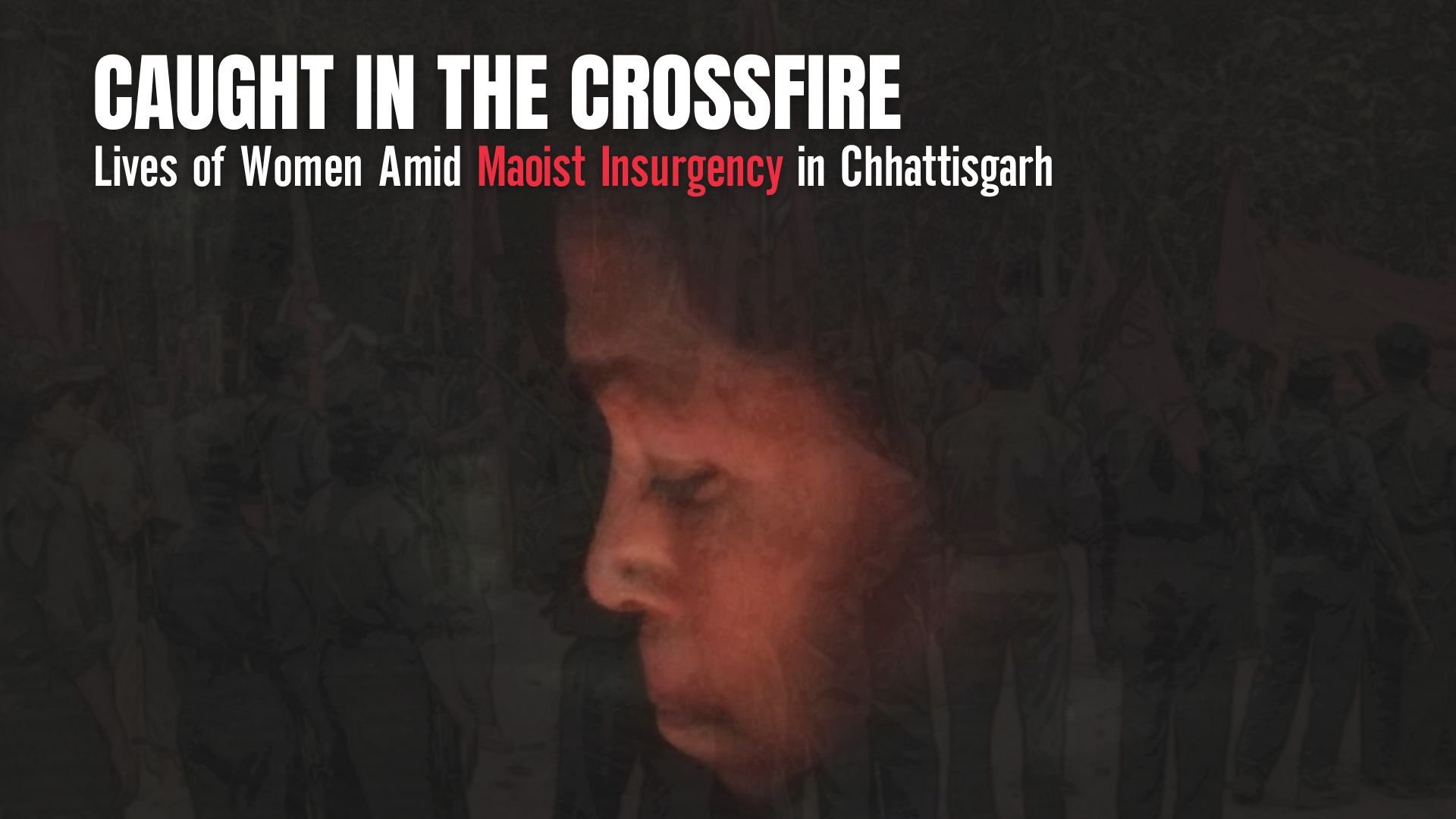Chhattisgarh: Videos/Mapping India
Chhannu Markam lost his wife and four children. He claims that the deaths were a result of health complications arising from a polluted red-water river. He lives in Loha Village in Chhattisgarh, a state heavily reliant on its revenue from iron ore mines.
Mangal Markami was the first in his family to pursue education. However, due to an unsupportive school atmosphere and the demands of his tribal culture, he quit school after successfully completing his 10th grade.
Tulsi, a former Naxalite, was forcibly abducted and had no option but to join the Maoist army, suffering greatly under the insurgents. In the same Maoist-State conflict in Chhattisgarh state, Soni Sori, a former educator and tribal rights activist, endured brutality and sexual assault at the hands of the police. In the volatile region of Bastar, often referred to as the "Red Corridor,"…
Thakur Ram Orkera is just one of many tribals who depend on the forest for their daily needs. However, their source of survival is at stake. Orkera, along with thousands of other indigenous individuals in Chhattisgarh's Hasdeo forest region, faces the potential loss of both livelihood and cultural heritage due to governmental interventions and a major corporation's coal mining plans. Undeterred, Thakur and the Adivasis are resolute in their stance: enough is enough.
Kartam Kosa, a tribal man from Chhattisgarh state, and his family fled their home in 2005, when fighting between Maoist insurgents and a civilian militia, Salwa Judum, intensified. About 55,000 tribal people left their ancestral homes and found refuge in the forests of neighbouring states.






An elderly woman, Shanti Devi, who lost two of her sons in a shootout by security personnel, resides alone in a Maoist-affected region of Chhattisgarh. This episode of The Dinner Table explores her story.